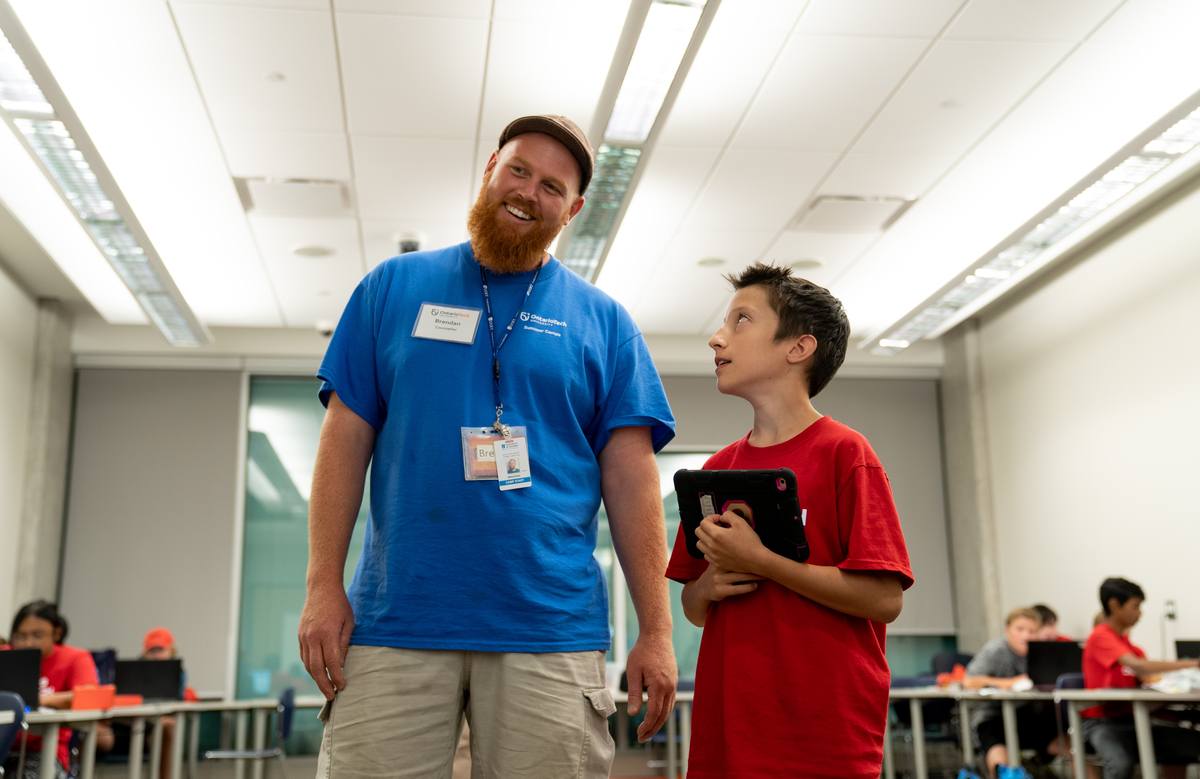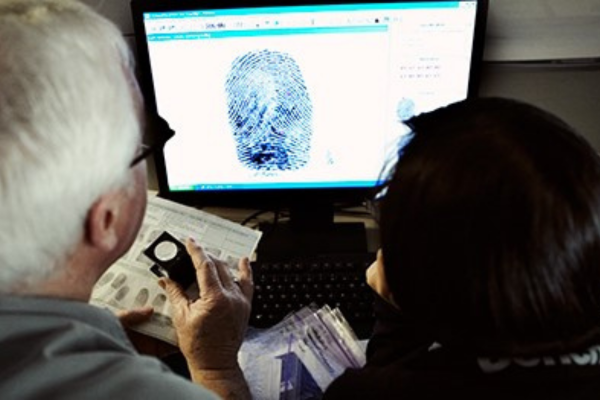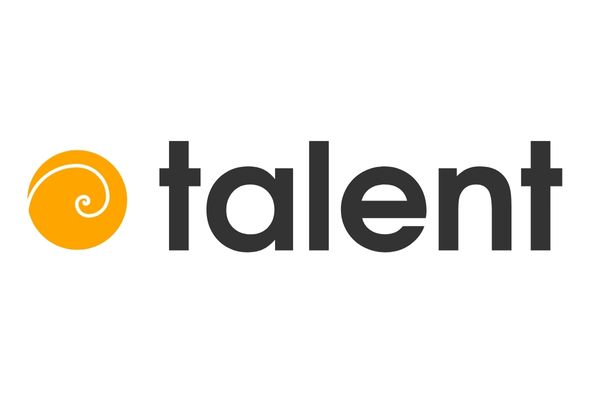
Coffee badging: A new workplace trend in 2025
By: Sheldon Kawarsky (Continuous Learning Instructor)
The return-to-office is in full swing across many industries, but not without some hesitation and creativity from employees. While companies push for more in-person collaboration and oversight, many employees have found novel ways to show their desire for flexibility and work-life balance. One trend that has emerged is coffee badging.
In this post, we will explore the rise of this new workplace trend and what it reveals about the ongoing negotiation between companies and staff over where and how work gets done in 2025 and beyond.
What is coffee badging in the workplace?
Coffee badging has emerged as a new phenomenon in the workplace for 2025. But what exactly does it mean? Essentially, it’s a way for employees to get around return-to-office mandates by appearing at work for a few hours and then leaving.
Many workers specifically come into the office to “show face,” engage in social activity (e.g., coffee break) with coworkers, and head home for the rest of the workday. The idea is to earn a metaphorical badge just for showing up.
With more and more companies requiring a return to the office, coffee badging has become a way for employees to navigate this transition while maintaining some control over their work arrangements. Whether it’s a passing fad or a lasting trend remains to be seen, but for many workers, it’s a useful tool for navigating the hybrid workplace.
Coffee badging: Good or bad?
So, is coffee badging a good or bad thing? Let’s look at the arguments on both sides.
Pros of coffee badging
-
Increased flexibility
Having the option to come into the office for just a few hours on the days requested, depending on what works best for each individual and their specific tasks, offers employees increased flexibility. It can be especially beneficial for working parents or those with long commutes.
-
Improved work-life balance
A coffee badging model could significantly improve work-life balance by allowing employees to leave work early and complete their tasks from home. Commuting time is reduced outside of the afternoon rush hour, which means more time for personal activities and less stress overall.
-
Promoting innovation
By breaking away from traditional office structures and routines, employees have the opportunity to think outside the box and come up with new ideas that may not have been possible in a conventional office setting.
-
Adapting to the modern workplace
The modern workplace is constantly evolving, with technology playing a larger role than ever before. Coffee Badging embraces this shift by utilizing technology for remote collaboration while maintaining some in-person office interactions. This shift allows companies to stay current and competitive in today’s fast-paced business world.
Cons of coffee badging
-
Reduced productivity
When employees are not physically present in the office, there may be distractions or a lack of access to necessary resources, hindering their ability to complete tasks efficiently. This can ultimately lead to a decrease in overall productivity and work output.
-
Lack of engagement
Coffee badging can result in a lack of engagement with coworkers and company culture. Not regularly interacting and collaborating with their in-office colleagues may cause employees to feel disconnected from the team and less invested in their work.
-
Negative impact on team dynamics
It can be more challenging to build strong working relationships and establish effective communication within the team when some members remain in the office full-time while others slip out early. This may seriously hinder teamwork and collaboration.
-
Undermining trust
Trust is crucial in any workplace, but it can be challenging to build and maintain when employees are rarely seen in person. Making only brief appearances at the office may lead coworkers or managers to question an employee’s commitment or reliability, which can undermine trust within the team.
-
Difficulty measuring performance
Managers may have difficulty assessing an employee’s progress and project contributions without regular face-to-face interaction and observation. This could lead to misunderstandings or inaccurate evaluations of an employee’s performance.
How leaders can handle coffee badging before it becomes a big issue
While some leaders may not mind this occasional perk, it can quickly become an issue if it becomes excessive or causes a rift between the coffee badger and their colleagues. It’s important for leaders to handle coffee badging in a way that doesn’t negatively impact employee motivation and morale.
-
Understand the reasons
Before addressing any issues with coffee badging, it’s important for leaders to understand the reasons behind this behaviour. Is it due to a lack of motivation or productivity in the office? Or is there a valid reason, such as a long commute or personal commitments? Taking the time to understand the underlying causes will help leaders approach the situation more effectively.
-
Address root causes
Once leaders better understand why employees are leaving early, they can start addressing the root causes. This could mean offering more flexible work arrangements, providing resources for remote work, or finding ways to reduce stress and improve work-life balance in the office.
-
Emphasize performance over presence
In today’s digital age, where many tasks can be completed remotely, leaders must shift their focus from physical presence in the office to performance and results. If employees can effectively complete their assignments and meet deadlines while working from home, then there should be no issue with them leaving early.
-
Implement flexible work arrangements
Implementing flexible work arrangements, such as allowing employees to work from home on certain days of the week or giving them the option to adjust their hours as needed, not only shows trust in employees but also helps improve morale and productivity. Leaders who prioritize flexible work arrangements are likelier to have happy, satisfied employees who feel valued and invested in the company’s success.
-
Foster open communication
Leaders should encourage team members to communicate openly and honestly about their work schedules and any potential conflicts that may arise. Prioritizing open communication fosters a more productive and supportive work culture and creates a space for employees to ask questions, offer feedback, and share their ideas freely.
-
Create a positive work environment
A positive work environment can go a long way in preventing coffee badging from becoming an issue. Employees who feel valued and supported are more likely to be motivated and engaged in their work. Make sure to recognize and appreciate your team’s efforts, provide opportunities for growth and development, and promote a healthy work-life balance.
-
Measuring progress and success
Keep track of how often employees are working from home, how it affects their productivity, and if there are any issues arising within the team due to this practice. By regularly monitoring the situation, leaders can adjust as needed and ensure that coffee badging does not become a problem for their team or organization.
Exploring the benefits of Continuous Learning
Continuous Learning is excited to offer an exceptional course called Performance Management. This course is designed to enhance your team's performance by revitalizing and developing your management skills. You'll learn to analyze, understand, and identify your team's needs, allowing you to strategically adjust your leadership style for maximum benefit. By taking this course, you'll gain the tools to guide, develop, and integrate individuals into a cohesive and effective team, all while focusing on improving overall team performance. Don't miss this opportunity to elevate both your team's and your own performance to new heights.
Kawarsky, Sheldon. “Coffee Badging: A New Workplace Trend In 2024”, The Soft Skills Group, 18 Jan. 2024,https://www.tssg.ca/how-leaders-manage-coffee-badging/









